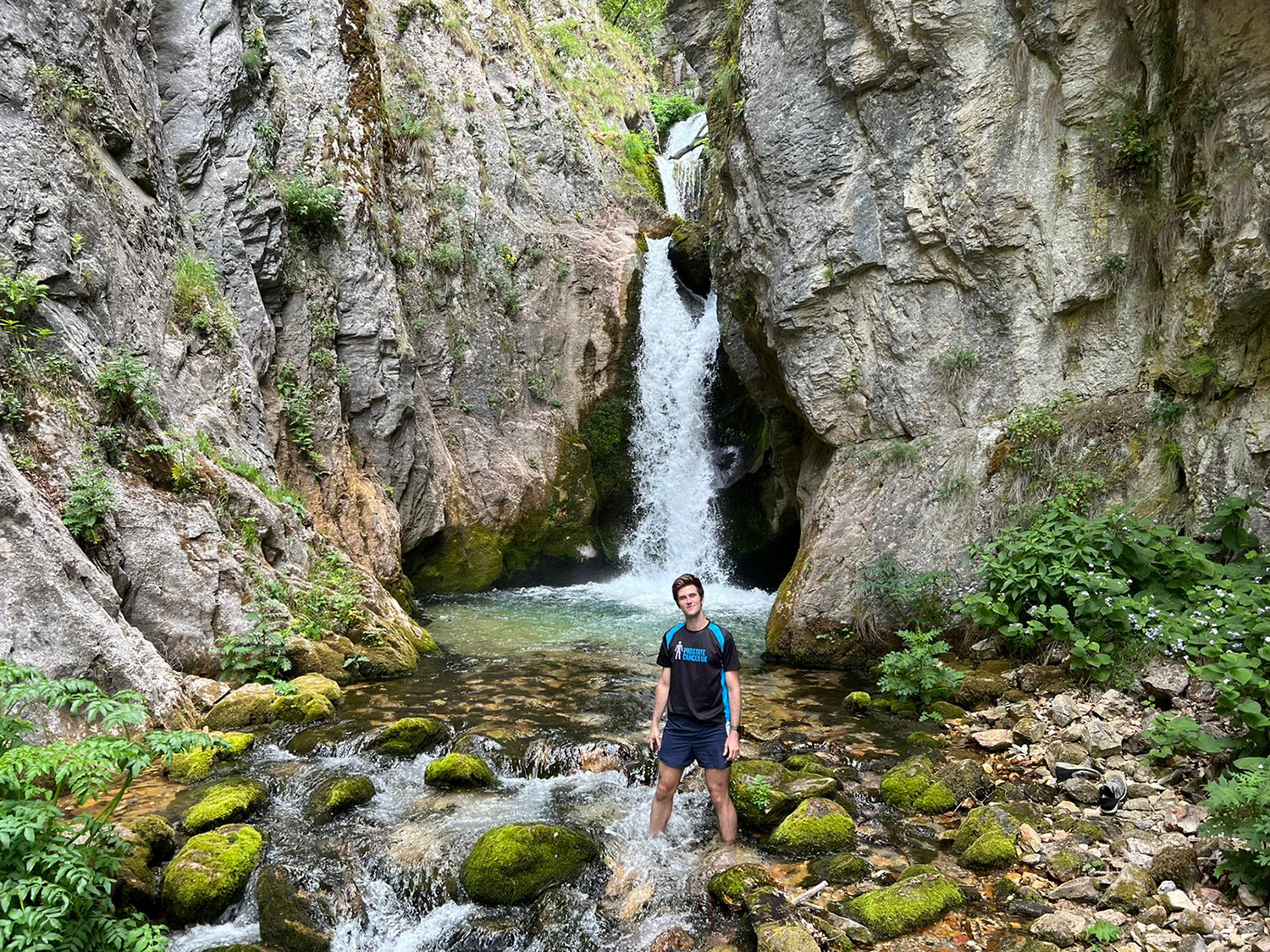Alumnus builds democracy abroad
T o say that Kevin Morris, ’17, is globally connected is an understatement.
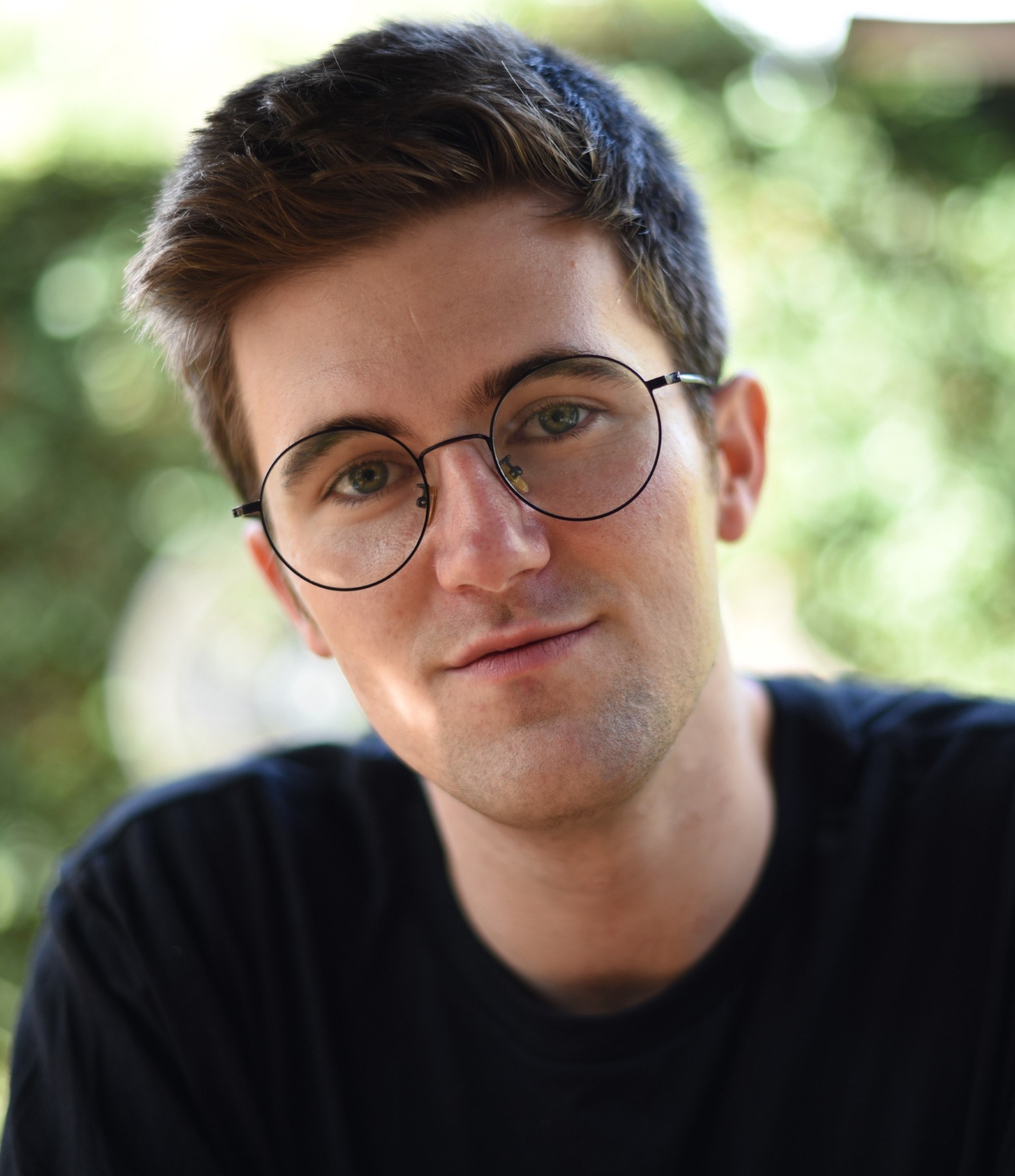
As a Fulbright Scholar in North Macedonia and a Marshall Scholar, Morris obtained two master’s degrees in London. With so many accolades and assignments in international relations, Morris has been busy abroad since he was a student at Georgia College & State University.
Also, as one of two individuals selected as Honors College Young Alumni of the Year, he recently spoke with John E. Sallstrom Honors College students, encouraging them to take advantage of these kinds of opportunities and how doing this got him where he is today.
Morris is a program associate for the Carter Center’s Democracy Program—a non-governmental organization founded by President Jimmy and his wife, Rosalynn, after his presidency. The program is a unit of Emory University, working globally to support democratic elections and strengthen participatory democracy for all, especially groups that have been historically marginalized or that face political, cultural or socioeconomic barriers.
His portfolio focuses on the Citizen Observation Program in the Democratic Republic of the Congo. This is where he organizes, coordinates and plans operational facets of the Democracy Program's projects. Morris coordinates resources for trainings to support the citizens by providing the skill sets they need to attain true democracy.
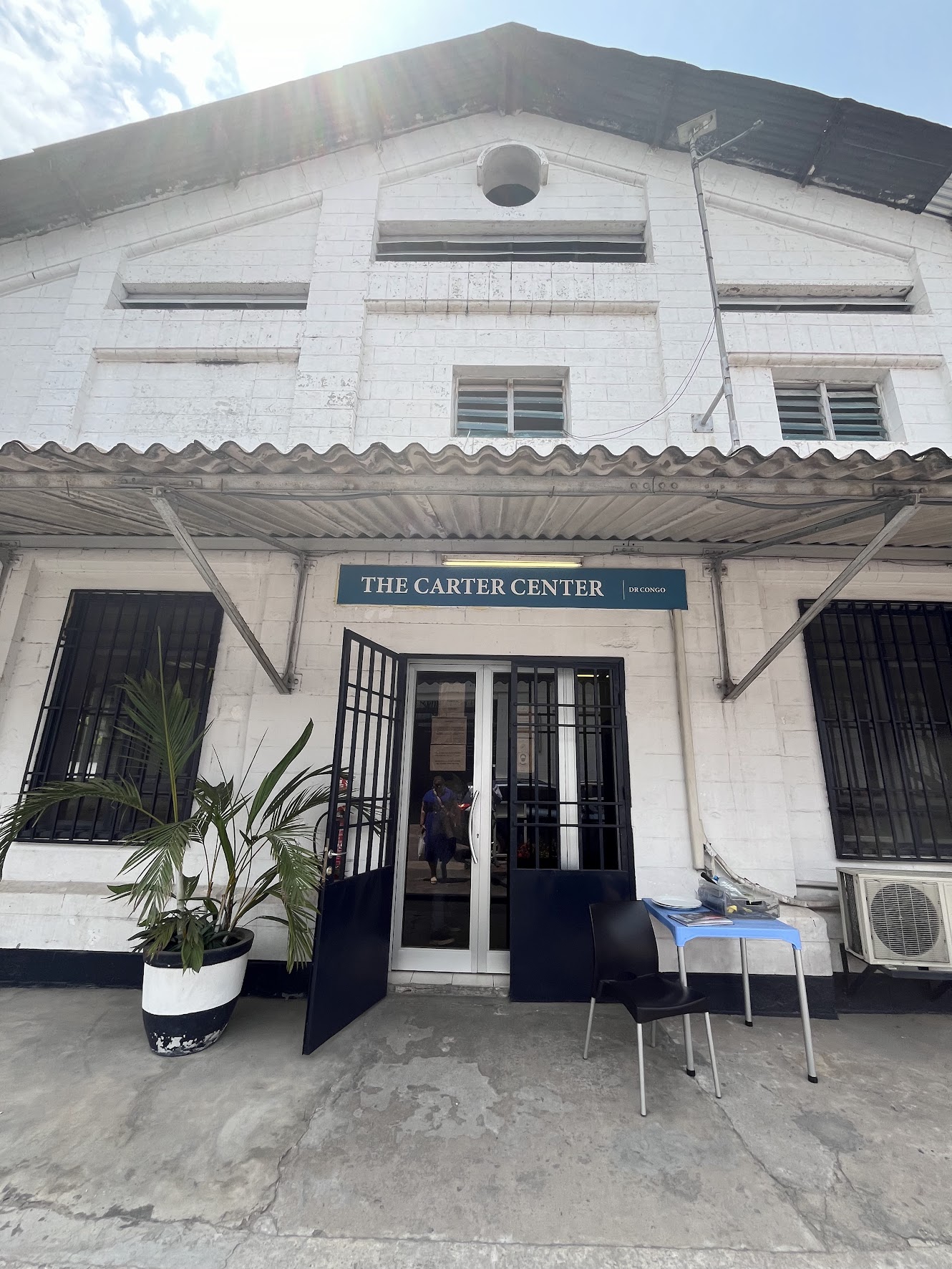
“We have a great program for supporting citizen observation work in the Democratic Republic of Congo,” Morris said. “We partner with local communities to empower them to monitor their elections, so they know how to watch for election irregularities and hold elections with integrity.”
While studying for dual degrees in economics and history at Georgia College, Morris was always interested in empowering local communities to work for free elections. As a Marshall Scholar and through the Carter Center, he discovered that people in the Balkans and Congo are innovative and resilient communities in the process of democratic capacity building. They’re the key driving force behind it. Morris has attended many barbecues, long dinners and coffee shop meetings, talking with residents about democracy.
“It’s important to have experts and people who’ve developed relationships, who guide the work they do in partnership with this community,” Morris said. “Then you have local people feel comfortable telling you, ‘These are our priorities. We know what we need to do. We just need the resources.’”
When he was younger, Morris was inspired to do this type of work by his grandparents. He recalls them volunteering to establish medical clinics in the Nicaraguan mountains and other countries for underserved communities. Many of the residents never had medical treatment before, as they are extremely isolated. Seeing their passion strongly influenced him.
“If you're going to do this work, you need to do it with integrity,” Morris said. “A big challenge in international relations and development is not just having a broad understanding of many things, but also a deep understanding of a very particular region, people group or problem.”
The National Scholarship Office and the Georgia College Honors College walked Morris through the application process for a Fulbright Scholarship, which he received in 2017. It funded his year in the Republic of North Macedonia.
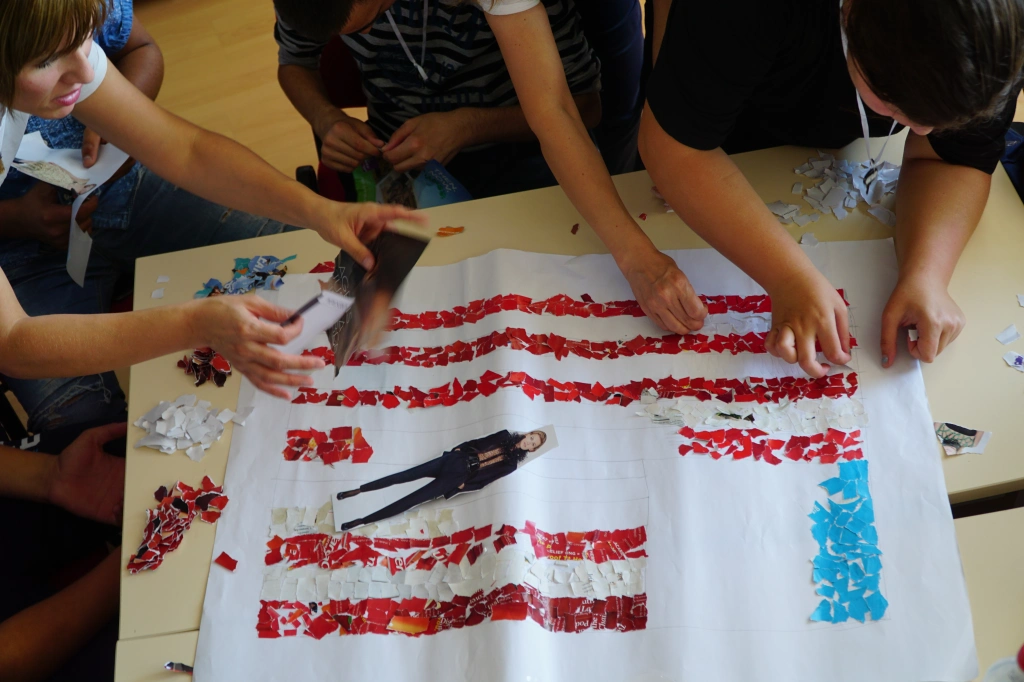
That experience was a culmination of all the work he accomplished at Georgia College. This included extra projects, internships, classes and presenting at conferences. Everything he learned helped Morris understand the challenges the people of North Macedonia had in securing their democratic future.
“It was so neat to go to North Macedonia and immerse myself in what I’d studied and seen,” he said. “Living among people and places that I've literally written papers on really drove home how real the challenges are and how important it is that we collaborate with local communities on solutions.”
Morris often thinks about how his work in fighting for democracy in other countries parallels similar situations all over the world. He feels the insights he’s learned in North Macedonia can be applied to other regions like Central Africa, Southeast Asia and Central and South America. Conducting field research in Southeast Europe as a Marshall scholar was interesting too.
“It was great to do this research and converse with Macedonians, Albanians and other communities in north Macedonia like proposing ideas, then having them explain to me very kindly, ‘This won't work, or you are very much approaching this issue from an American perspective, and you must realize there are so many other ways of looking at this that are more relevant,’” Morris said. “Working with these communities was an eye-opening process for me because they know the situation so much better than I do.”
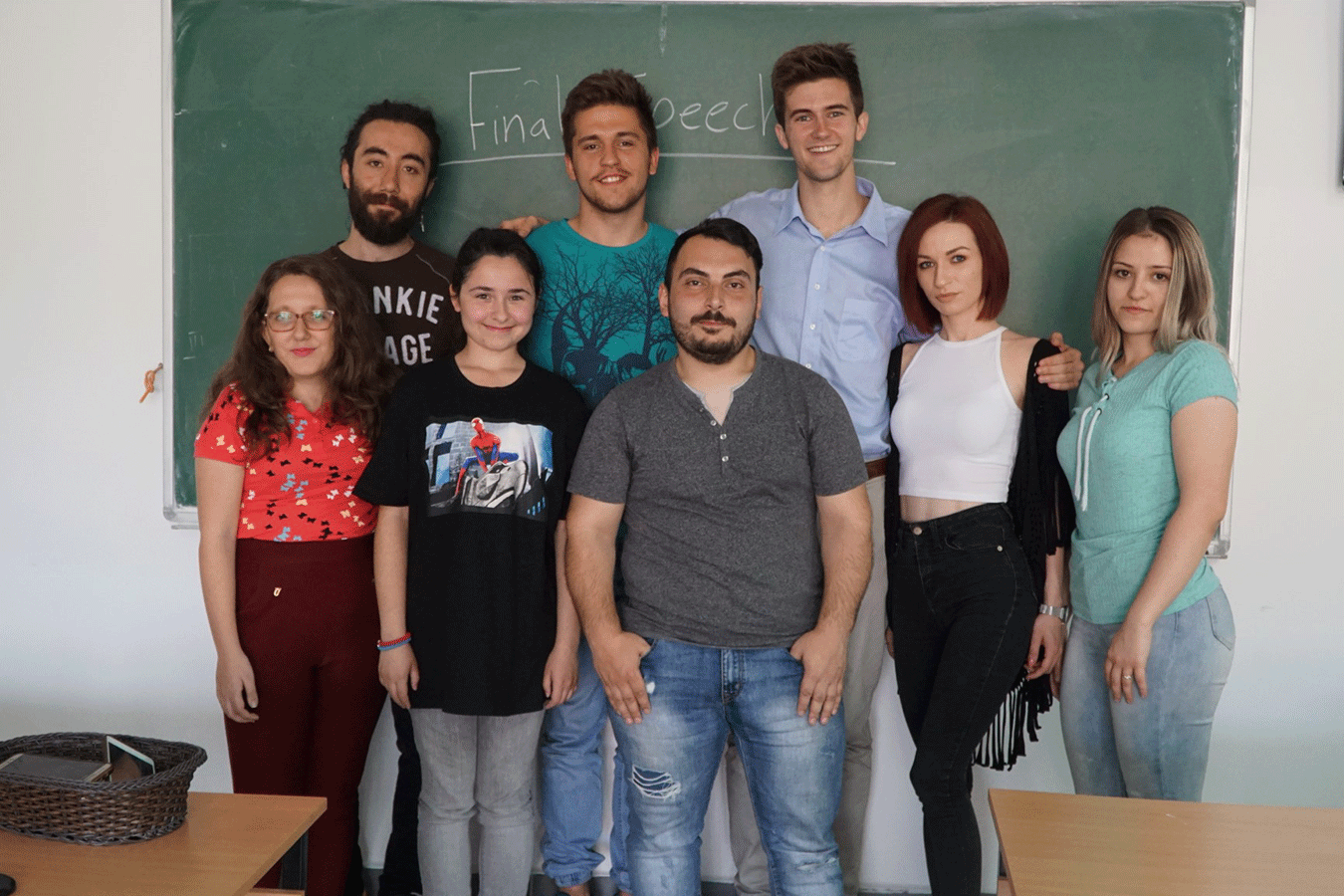
Morris thanks the International Education Center and John E. Sallstrom Honors College staff for helping him take advantage of these opportunities.
“They supported me to go to Croatia and North Macedonia to spend all those months learning the language, meeting people and having those conversations,” he said. “It changed my life.”
Morris also credits Georgia College for empowering him to be a bit audacious.
“I got a fantastic education at Georgia College,” he said. “I would not be able to do this work had I not taken advantage of the liberal arts education model. I studied history and economics, which gave me a good understanding of what I wanted to do in international relations, national development and democracy development.”
He had some “standout” economic professors at Georgia College including Drs. J.J. Arias, Chris Clark and Brooke Conaway. The department was “like a little family,” and the group of economic students he knew have all gone on “to do amazing things,” Morris said.
“I must also give a shout out to Drs. Stephanie Opperman and William Risch in the history department, who were fantastic,” he said. “Dr. Risch shared my passion for the Balkan region. That was so encouraging.”
“Professor Opperman is incredible too,” Morris said. “She got me thinking in terms of about how we study history from the non-majority perspective.”
Morris was surprised to learn the textbooks he read in Colonial African History with Dr. Aran MacKinnon, department chair and professor of history, were the same books recommended to him when he started working at the Carter Center.
“His class was amazing and great preparation for the work I do now, especially with the focus on civil society,” Morris said.
The collective efforts of many faculty and staff at Georgia College helped him take advantage of so many amazing experiences and programs, which, in turn, put him on track to finding his niche in the world.
“I have been confronted with just how much democracy problems abroad affect people's daily lives,” Morris said. “That was a sobering reminder that this work is not an abstract. It’s not theoretical. These are real issues that have a daily impact on the wellbeing of these residents.”
